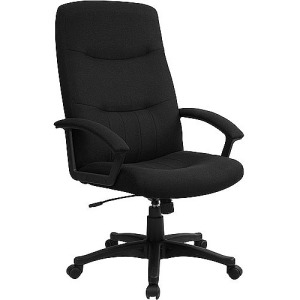Rising waters this weekend in the Upstate caught many people off guard. Many people don’t realize that flooding is not covered by most standard homeowners policies. The following is a real life example of what can happen if you don’t have flood insurance- even if you live in an area that is not prone to flooding.
When floodwater from a severe, week-long storm started pouring through the walls of Becky Bentley’s house, she knew she had to get out fast. In the short time it took her and her son to run upstairs to grab the family cat, the rapidly rising water trapped them on the second floor of their home.
With the help of a neighbor, they manage to escape. But when the water receded and Becky finally returned to her Atlanta property, she discovered most of the contents and drywall were unsalvageable. She thought her homeowners insurance would cover the losses; but found out most standard homeowners policies do not cover flood damage.
“The water got so high, everything was just destroyed,” Becky told the National Flood Insurance Program. “I didn’t have flood insurance because I wasn’t in a flood plain, so we were told we didn’t need it.”
Floods are the number one natural disaster in the United States. While some regions, such as coastal areas, are more flood-prone than others, the unpredictability of climate change exposes all property to some risk. And torrential rainfall isn’t the only culprit. Flooding is also caused by mudflows, rapid snowmelt during spring and ice jams during winter.
Even an inch of water can cause thousands of dollars in damage, shocking those who find out flood losses are specifically excluded from their homeowners and personal umbrella policies.
Flood insurance provides the protection you need to cover losses after a flood ravages your property. The cost of premiums vary based on the amount of coverage you need, what’s covered and your property’s flood risk.
New flood insurance policies usually have a 30-day waiting period, so don’t delay in protecting one of your most valuable assets—your home. Contact AssureSouth today for more information on flood insurance.
Check out this news story and video from WSPA-








